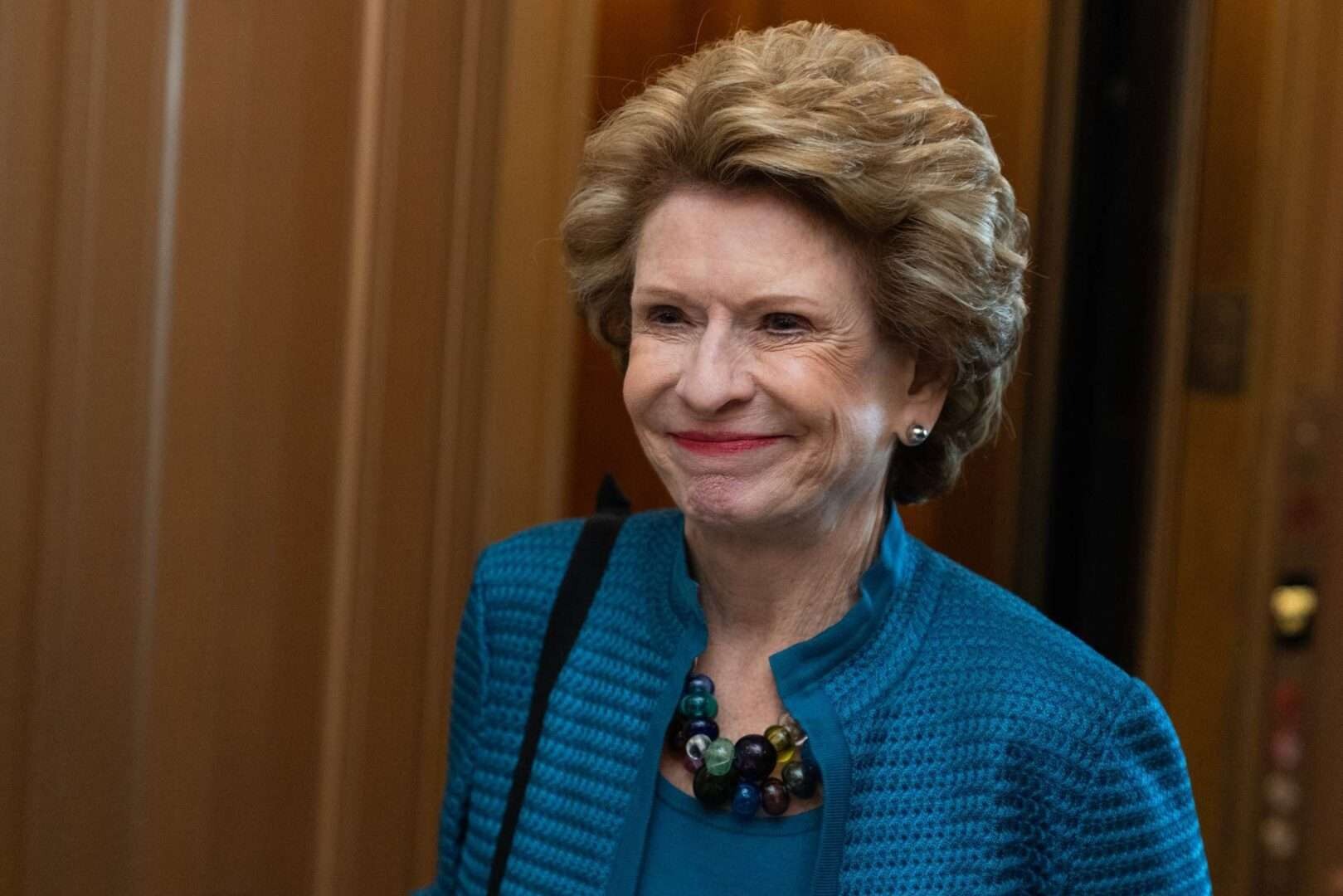The farm bill’s progress in Congress has been hindered by various factors, including delays in government funding talks, prioritization of other legislative matters like foreign aid bills, and a funding battle related to climate-smart agriculture.
One key issue is the flat budget for the farm bill, which means there’s no additional money available for the committee’s use. Lawmakers want to incorporate about $15 billion from the Inflation Reduction Act into the farm bill baseline, but there’s disagreement on how to use these funds.
Senate Agriculture leaders (Credits: Roll Call)
Republicans want more flexibility in using the money, including reallocating some to farm safety net programs, while Democrats insist on maintaining climate-related restrictions. The farm bill’s absence from Schumer’s list of priorities reflects its ongoing delay and relegation to the backburner in Congress.
Several factors have contributed to this delay, including prolonged government funding talks, disruptions in the House due to leadership changes, and the prioritization of other critical legislation, such as foreign aid bills related to Ukraine and Israel.
Senate Agriculture leaders differ on shifting funds to farm bill (Credits: Politico)
These challenges have diverted attention and resources from the farm bill, causing it to take a backseat in legislative discussions. As a result, despite extensive hearings and meetings in both the House and Senate, progress on the farm bill has been slow, leading to concerns about its timely resolution before the current extension expires in September.
This deadlock has stalled progress on the farm bill, and no resolution exists. The current extension to the 2018 farm bill expires on September 30, adding urgency to the need for a resolution on funding and policy disagreements.
